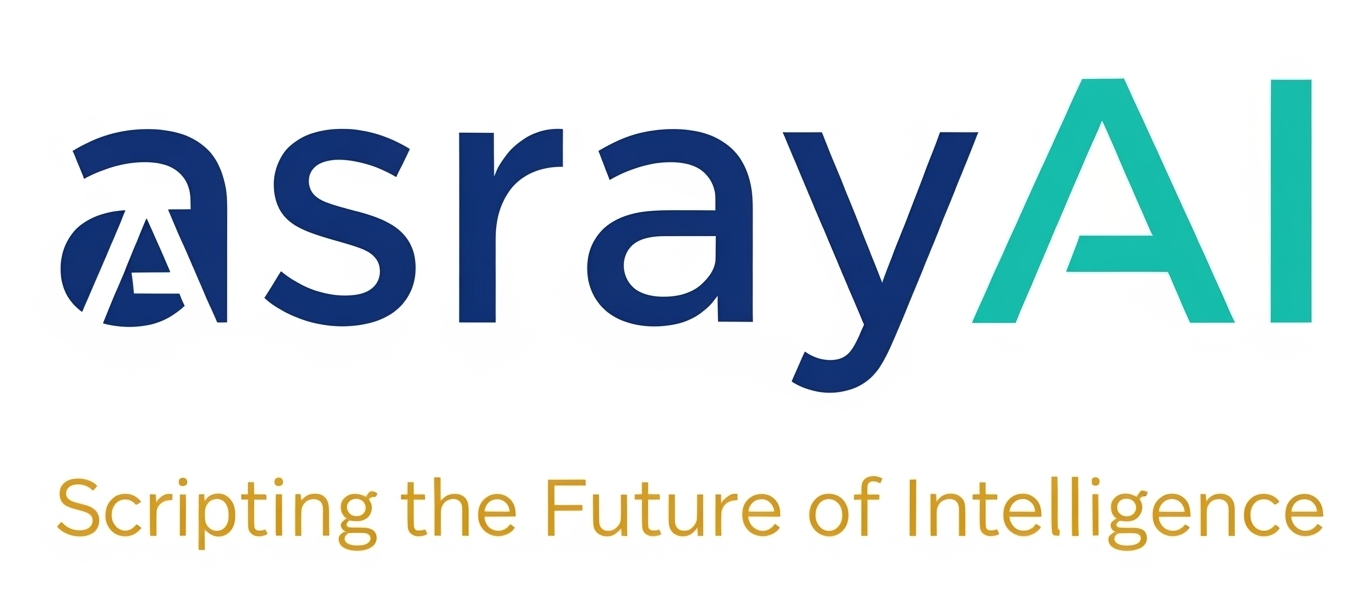AI agents have moved from experimental prototypes to practical tools embedded in everyday life. In 2025, we’re seeing them deployed across industries, transforming workflows, customer experiences, and even how people learn and live. Here are some of the top use cases making waves right now.
1. Customer Support and Service
AI agents are reshaping how businesses interact with customers. Instead of scripted chatbots, we now have agents that can:
- Resolve issues end-to-end (e.g., refunding orders, rescheduling deliveries).
- Escalate complex problems to humans with detailed summaries.
- Learn from previous interactions to personalize support.
This reduces wait times and creates a smoother customer experience.
2. Healthcare Assistance
Healthcare is one of the most promising fields for AI agents. They’re being used to:
- Automate appointment scheduling and reminders.
- Provide symptom checks and triage recommendations.
- Monitor patients through wearable devices and alert doctors if issues arise.
These agents augment, rather than replace, medical professionals — giving them more time for direct care.
3. Education and Tutoring
AI agents are becoming personalized tutors. They can:
- Adapt lessons to a student’s pace and learning style.
- Provide instant feedback on assignments.
- Offer “always available” support for questions, practice, and review.
This makes education more accessible and individualized than ever.
4. Finance and Productivity
In finance, AI agents can act like digital financial advisors, automatically categorizing expenses, suggesting savings strategies, and even executing trades based on goals.
For productivity, agents now:
- Schedule meetings across time zones.
- Manage emails by drafting, sorting, and even auto-replying.
- Coordinate tasks across different platforms (Slack, Notion, Google Docs, etc.).
5. Creative and Technical Work
AI agents aren’t just doing repetitive tasks — they’re contributing to creative and technical projects. For example:
- Writers use agents to brainstorm ideas, edit drafts, and manage research.
- Developers use coding agents to debug, refactor, or generate boilerplate.
- Designers collaborate with generative agents to create layouts and prototypes.
Conclusion
In 2025, AI agents are no longer just novelties — they’re practical co-workers, helpers, and companions. The most powerful trend is how seamlessly they integrate into human workflows, removing friction and freeing people to focus on higher-level work.
